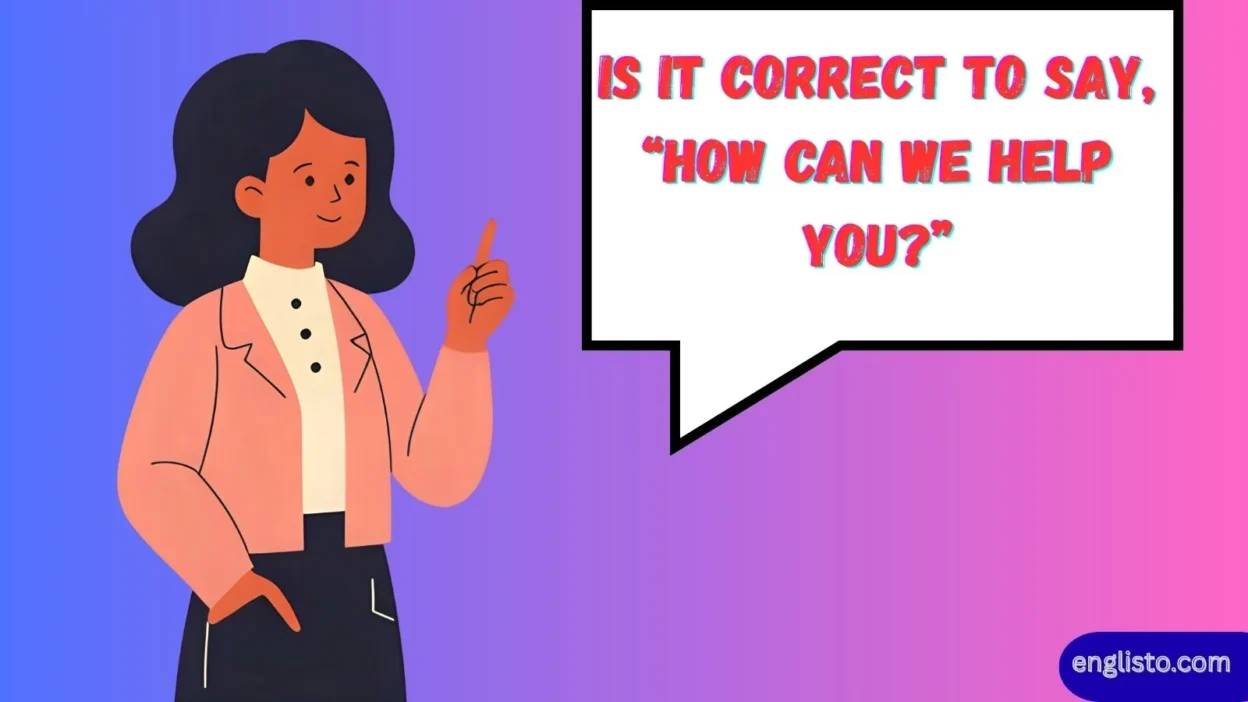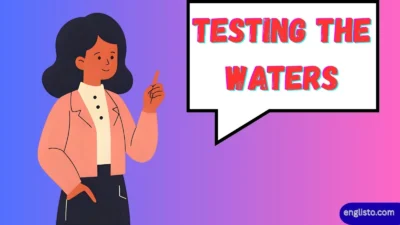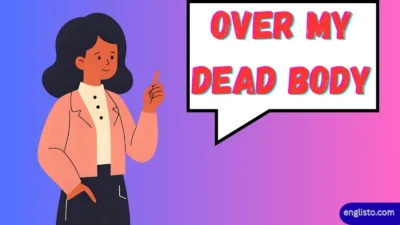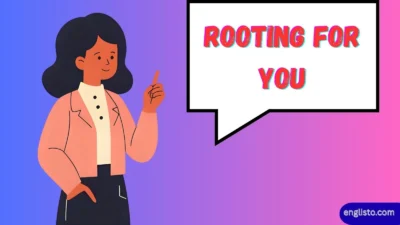Every day, in shops, customer service chats, phone calls, and professional emails, you’ve probably heard the phrase “How can we help you?” It’s one of the most common greetings businesses and service providers use to open a conversation. But have you ever paused to wonder if this phrase is grammatically correct or whether there’s a better way to say it? Some people prefer “How can I help you?” while others stick to the collective “we.” Is It Correct to Say “How Can We Help You?”.
This guide dives deep into the grammar, politeness, and professional usage of this phrase. You’ll discover why it’s widely accepted in customer service, what makes it sound polite, and when to use alternatives. We’ll also explore real-world business contexts, customer expectations, and insights from communication studies to understand the phrase’s impact.
Understanding the Grammar Behind the Phrase
At its core, “How can we help you?” is perfectly grammatically correct. Let’s break it down:
| Structure | Explanation | Example |
| How (interrogative adverb) | Used to ask about manner or method. | How did you solve the problem? |
| can (modal verb) | Expresses ability or possibility. | Can you finish by 5 PM? |
| we (subject) | Represents the company, team, or group. | We are here to assist. |
| help (main verb) | Action verb meaning to assist. | They help customers daily. |
| you (object) | Refers to the client or customer. | I’ll call you tomorrow. |
Grammatically, the phrase is flawless. It follows the interrogative structure:
Adverb + Modal Verb + Subject + Main Verb + Object
So, when someone asks, “Is it correct to say, ‘How can we help you?’” the short answer is: Yes, absolutely.
Read More: “Helpful To” or “Helpful For”? Difference Explained
Why Businesses Prefer “We” Over “I”
Language isn’t only about grammar; it’s also about tone, context, and perception. Businesses often choose “we” because:
- Represents the company as a whole: Using “we” signals that the entire organization stands behind the service.
- Shows collective responsibility: Customers feel reassured knowing more than one person is available to assist.
- Professional and courteous: It carries a tone of formality and warmth.
- Inclusive: It avoids putting pressure on one employee and highlights teamwork.
“When a support agent says ‘How can we help you?’, they’re not just speaking as an individual—they’re speaking as the brand.”
By contrast, “How can I help you?” is more personal and direct, which works well in one-on-one settings but doesn’t always reflect company culture.
Politeness and Professionalism in Customer Service
In customer service, politeness is currency. Harvard Business Review and other communication studies emphasize that tone impacts customer satisfaction as much as the solution itself.
- “How can we help you?” feels welcoming and attentive.
- It conveys willingness to assist promptly.
- It creates a customer-first impression right at the start of the interaction.
Consider these two greetings at a store:
- Shopkeeper A: “How can I help you?”
- Shopkeeper B: “How can we help you today?”
Even if both are polite, the second suggests a professional standard and hints at wider resources available for the customer.
Difference Between “How Can I Help You?” and “How Can We Help You?”
Both phrases are correct, but their nuances differ:
| Phrase | Tone | Context | Example |
| How can I help you? | Personal, individual, conversational | One person offering assistance directly | Doctor to patient: How can I help you today? |
| How can we help you? | Collective, professional, customer service-oriented | Business, organizations, teams, official settings | Bank representative: How can we help you with your account? |
Think of “I” as personal support and “we” as institutional support.
Real-Life Usage Across Settings
Here’s how the phrase plays out in different environments:
- Retail stores: Staff greet customers with “How can we help you today?” to signal attentiveness.
- Customer support chats: The opening message often says “Hello! How can we help you?” to represent the entire support team.
- Professional emails: Companies use it in outreach, e.g., “Our team is here for you—how can we help you achieve your goals?”
- Healthcare and social services: Nonprofits and organizations addressing sensitive issues (like family support services) often use the phrase to express collective care and empathy.
Alternatives to “How Can We Help You?”
While it’s widely accepted, there are times when variety can make interactions more engaging. Here are some polished alternatives:
| Alternative Phrase | When to Use | Example |
| What can we do for you today? | Friendly and casual settings | Welcome to our store! What can we do for you today? |
| How may we assist you? | Formal, written communication | Dear client, how may we assist you with your order? |
| Is there anything we can help you with? | Soft and polite | Before you go, is there anything we can help you with? |
| What support do you need from us? | Technical or professional settings | As your software partner, what support do you need from us? |
Customer Perception and the “We” Factor
The choice between “I” and “we” influences how customers perceive a brand:
- We = reliability, teamwork, professionalism.
- I = empathy, individuality, personal care.
In customer service training manuals, employees are often coached to default to “we” because it strengthens the brand voice and emphasizes collective responsibility.
Examples from Customer Support Scripts
Here are snippets inspired by real live chat scripts used in customer service:
- Initial Greeting: “Hello! Welcome to [Company Name]. How can we help you today?”
- Follow-Up: “We’re happy to look into this for you. Could you share your order number?”
- Apology: “We understand this caused inconvenience. We’ll do our best to resolve it quickly.”
- Closing: “Thanks for reaching out. We’re always here to help if you need us again.”
These scripts highlight warmth, empathy, and professionalism while keeping the customer at ease.
Common Mistakes to Avoid
Even though the phrase is correct, here are mistakes to watch out for:
- Sounding robotic: Overusing canned phrases without personalization makes interactions feel mechanical.
- Using “we” when alone in casual speech: If you’re just one person (say, a shopkeeper in a small store), customers may find “we” odd unless you’re speaking on behalf of the business.
- Skipping context: Jumping straight to the phrase without a greeting can sound abrupt. Always start with “Hello” or “Good afternoon.”
FAQs
Is “How can we help you?” Grammatically correct?
Yes. It follows proper interrogative structure and is widely accepted in both spoken and written English.
Which is better: “How can I help you?” or “How can we help you?”
It depends on context. Use “I” in personal settings and “we” in professional or business interactions.
Why do companies prefer “we” instead of “I”?
Because “we” conveys collective responsibility, professionalism, and brand representation.
Is it polite to say “How can we help you?”
Absolutely. It’s considered a courteous, welcoming, and professional greeting.
Can I use alternatives to avoid repetition?
Yes—phrases like “How may we assist you?” or “What can we do for you today?” keep communication fresh while remaining polite.
Conclusion
The phrase “How can we help you?” isn’t just grammatically correct—it’s also a professional, polite, and widely accepted standard in business communication. It reflects teamwork, demonstrates attentiveness, and reassures customers that they’re supported by an entire organization rather than just one person.
Whether used in a retail shop, live chat, email, or customer service call, this phrase remains a timeless way to open a conversation with warmth and professionalism. Still, context matters. In personal interactions, “How can I help you?” might feel warmer, while in business, “we” builds credibility and trust.
At the end of the day, the goal is simple: show genuine willingness to assist. And whether you say “I” or “we”, what matters most is that your words reflect care, attentiveness, and respect for the person on the other side.



